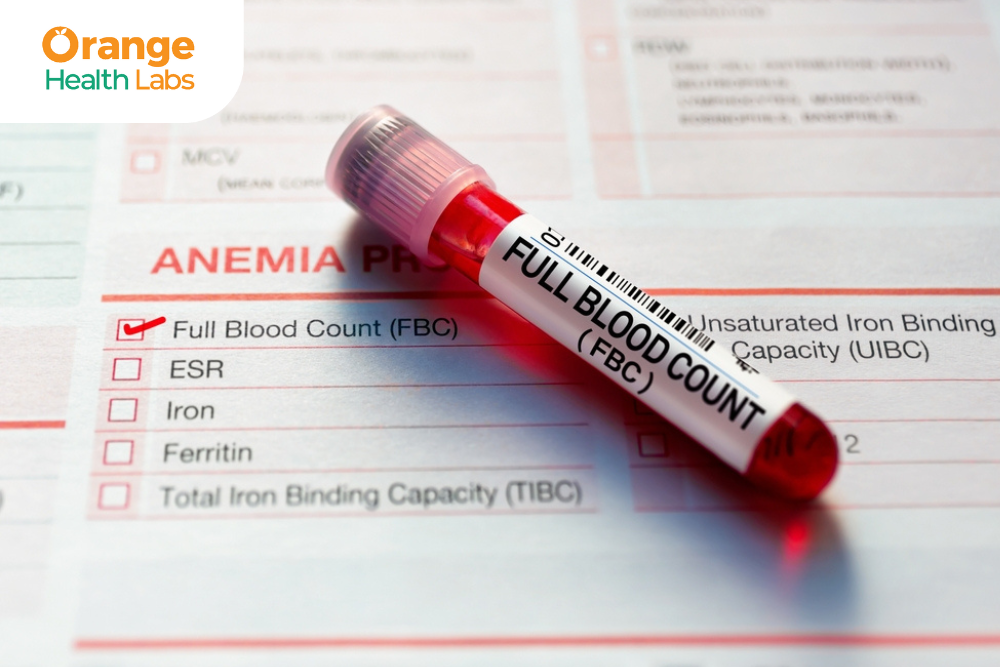Search for tests or checkups
SupportHow Long Can You Test Positive for COVID-19? Here's What to Know

How long someone tests positive for COVID-19 can vary depending on the type of test used and the individual’s immune response. It’s one of the most frequently asked questions, especially by people recovering from infection, those planning to travel, or anyone needing to return to work or school. Let’s break down how long you might test positive, what influences it, and what a positive test really means.
What Types of COVID-19 Tests Are Available?
Before understanding how long you might test positive, it's important to know the types of COVID-19 tests available:
- PCR Test (Polymerase Chain Reaction): This highly sensitive test detects the genetic material (RNA) of the SARS-CoV-2 virus. It's considered the gold standard for COVID diagnosis.
- Antigen Test (Rapid Test): This test detects specific viral proteins. While less sensitive than PCR, it offers faster results and is more indicative of contagiousness.
Both tests have different detection windows and clinical use cases. PCR is ideal for diagnosis and confirmation, while antigen is often used for screening and quick decision-making.
How Long Do You Stay Positive?
With PCR Test:
People can test positive for up to 90 days after infection, even if they’ve recovered.
- The test may detect fragments of the virus that are no longer active or infectious.
- This is why retesting with PCR shortly after recovery is often discouraged.
With Antigen Test:
These tests typically return positive for 5 to 10 days after symptoms start.
- A positive antigen test is more likely to indicate active infection or contagiousness.
Why You May Test Positive After Recovery
It’s important to understand the difference between viral detection and infectiousness. PCR tests can detect remnants of viral RNA long after you're no longer capable of spreading the virus.
According to CDC guidelines, most people are no longer contagious 10 days after symptom onset, as long as:
- They've been fever-free for 24 hours (without medication)
- Other symptoms have improved
That said, those with severe COVID or weakened immune systems may shed virus longer.
When Should You Retest?
In most cases, retesting after a positive result isn’t necessary unless:
- You’re immunocompromised and your doctor advises follow-up testing
- You need a negative result for travel or medical procedures
- You develop new symptoms after initial recovery
In such cases, antigen tests are preferred to assess whether you're still contagious.
What Influences the Duration of Positivity?
- Severity of infection: People with more severe illness may shed the virus longer.
- Immune status: Immunocompromised individuals may take longer to clear the virus.
- Vaccination status: Vaccinated individuals may recover faster and test negative sooner.
- Type of test: As discussed, PCR detects RNA fragments, even if they’re not infectious.
Why Does This Matter?
Understanding how long you can test positive helps in:
- Planning your isolation period
- Making safe decisions for work, school, or travel
- Protecting high-risk family members and coworkers
- Knowing when to consult a doctor if symptoms return
A positive COVID-19 test doesn’t always mean you’re still contagious. PCR tests can detect non-infectious fragments long after recovery. Antigen tests are more indicative of contagiousness, especially during the first 10 days of illness. Always consult your healthcare provider for testing timelines and isolation guidance tailored to your case. Whether you need a test for symptoms, travel, or peace of mind, Orange Health Labs offers fast, accurate COVID-19 testing at your doorstep.
Also Read: What is N Gene in COVID
Why Choose Orange Health?
- At-home sample collection in just 60 minutes
- Accurate Reports
Popular Test Options:

Why Early Detection Matters in Children’s Health

CBC Test vs Other Blood Tests: Understanding the Differences
